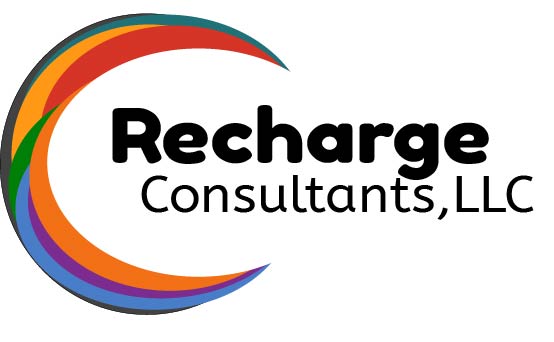Navigating change management can be daunting for organizations due to its complexity and impact across roles, systems, and workflows. However, with a proactive approach, organizations can effectively address common obstacles.
Key challenges to anticipate include:
- Lack of executive buy-in and support: Without leadership backing, change initiatives often struggle to gain momentum.
- Unclear business goals and objectives: Misaligned or undefined goals can derail progress.
- Inadequate testing infrastructures: Insufficient testing increases the risk of unforeseen issues.
- Confusion about the right tools: Choosing inappropriate tools hinders efficiency and effectiveness.
- Hidden processes vulnerable to breakdowns: Unseen processes can disrupt workflows when changes occur.
- Poor process visibility and traceability: Lack of transparency makes it difficult to identify and resolve issues.
- Inflexible third-party contracts and incentives: Rigid agreements can impede necessary adjustments.
To overcome these challenges, organizations must develop a comprehensive change management strategy, prioritize clear communication, and foster collaboration across teams. With thorough preparation, change becomes an opportunity for growth rather than a source of resistance.

